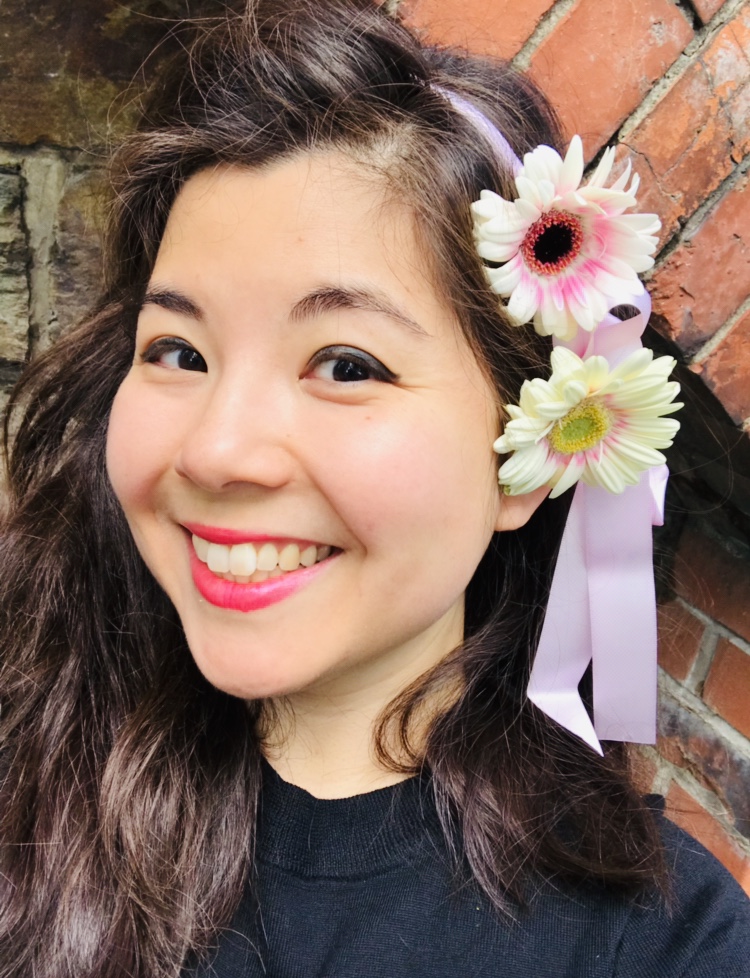Each time I travel internationally, the first thing I notice is the state of youth and animals in urban environments. How are human beings and other species navigating urban landscapes? Did long-term thinking go into the design of the city with architects, urban planners, entrepreneurs, youth, and key stakeholders? Do the pigeons have all their toes?
I first travelled to France and Germany to learn about social business, and to attend the 2017 Global Social Business Summit in Paris. On the first day, I was invited to walk through the fourth arrondissement with Professor Yunus’ Bangladeshi delegation. I was inspired by these women and men, and the tremendous change and reach of social business in Bangladesh, France, and globally.
Nobel Laureate Muhammad Yunus is actively creating A World of Three Zeros. This is the title of his extraordinary book, a call to action to design the world you want to create with zero poverty, zero unemployment, and zero net carbon emissions. “A human being is born to be active, creative, energetic, and a problem solver, always seeking new ways to unleash his or her unlimited potential,” shares Yunus.
Today, on the 50th Anniversary of Earth Day in the midst of the COVID-19 global pandemic, We The Planet is taking action to make the impossible possible. Humanity is at an inflection point. I have been reading and re-reading the books of the most inspiring writers, my personal heroes and some of our partners. These icons for the planet all have something to say about protecting cities, nations, and life on the planet.
When we founded We The Planet and launched the #WeThePlanet campaign at the United Nations during UNGA Week in 2019, we considered our own species’ global triumphs and failures. Humanity can do better to protect all life on land. All species. “We as humans must go beyond ‘We The People,’ and focus on something that is larger than ourselves. As a collective, we must be focused on We The Planet,” states Sood.
The great leaders of ancient civilizations shared a profound understanding of human behavior. Marcus Aurelius (A.D. 121-180) provided Rome and the world at large with wisdom on every facet of life, from coping with adversity to interacting with others. In Meditations, he states,
“Don’t ever forget these things:
The nature of the world.
My nature.
How I relate to the world.
What proportion of it I make up.
That you are part of nature, and no one can prevent you from speaking and acting in harmony with it, always.”
The nature of human beings is inextricably tied to the state of the planet, yet many people forget this crucial link. We can be fearless while acting with integrity. Let’s make the impossible possible. Everybody can do something to improve life on land and life under the sea. To act without fear or favor – indeed, the very language in the founding documents of The New York Times – is at the heart of We The Planet. Everybody can do something to protect all life on the planet, and we must prepare ourselves to make it happen. We are ready. We are one.


